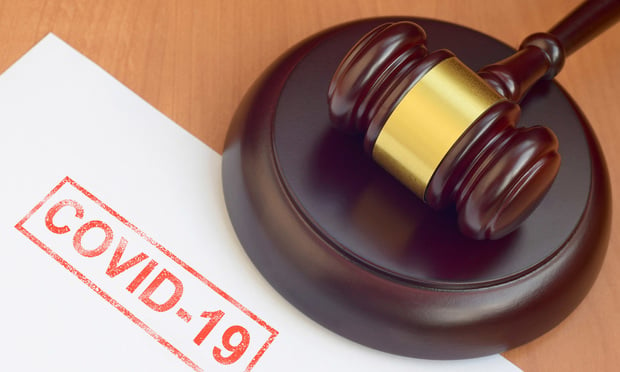 At the direction of the federal government and state authorities, Huntington Ingalls made changes "that involve[d] physical alterations to its insured locations" in order to combat the spread of COVID, which in turn meant the insured locations could not "function for [their] intended purpose[s]." (Credit: Mehaniq/Shutterstock)
At the direction of the federal government and state authorities, Huntington Ingalls made changes "that involve[d] physical alterations to its insured locations" in order to combat the spread of COVID, which in turn meant the insured locations could not "function for [their] intended purpose[s]." (Credit: Mehaniq/Shutterstock)
Huntington Ingalls Industries (Huntington Ingalls), the largest military shipwright in the United States, purchased a commercial property policy from a captive subsidiary, Huntington Ingalls Industries Risk Management LLC, in March 2020; the insurer, in turn, obtained multiple reinsurance policies for that property policy, one of which was Ace American.
Recommended For You
Want to continue reading?
Become a Free PropertyCasualty360 Digital Reader
Your access to unlimited PropertyCasualty360 content isn’t changing.
Once you are an ALM digital member, you’ll receive:
- Breaking insurance news and analysis, on-site and via our newsletters and custom alerts
- Weekly Insurance Speak podcast featuring exclusive interviews with industry leaders
- Educational webcasts, white papers, and ebooks from industry thought leaders
- Critical converage of the employee benefits and financial advisory markets on our other ALM sites, BenefitsPRO and ThinkAdvisor
Already have an account? Sign In Now
© Touchpoint Markets, All Rights Reserved. Request academic re-use from www.copyright.com. All other uses, submit a request to [email protected]. For more inforrmation visit Asset & Logo Licensing.







